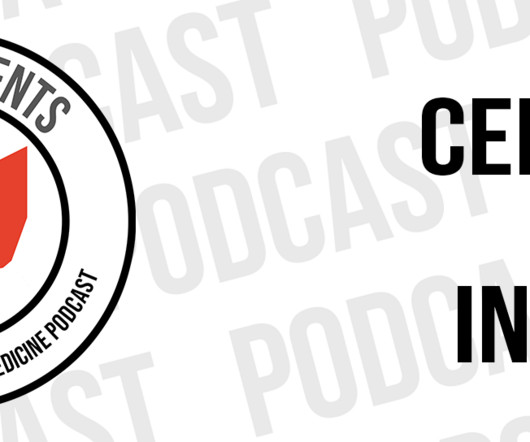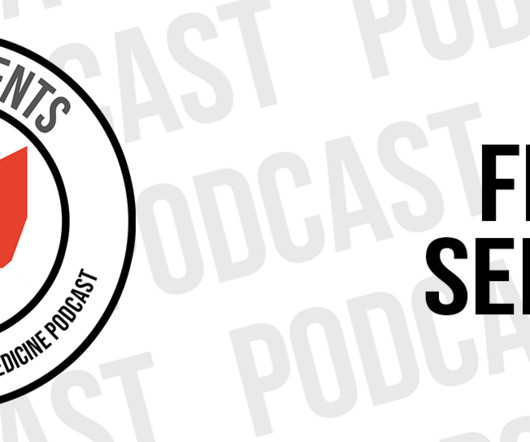Transforming the Culture of Dementia Care: Podcast with Anne Basting, Ab Desai, Susan McFadden, and Judy Long
GeriPal
DECEMBER 2, 2022
She directs UCSF MERI’s patient, family, and clinician support with classes and consultation on resiliency, well-being, and grief. When was that, 2010? Eric: 2010. You wrote about how when it comes to talking about patients with dementia, they’re rarely portrayed as resilient. And to me that was just incredible.













Let's personalize your content